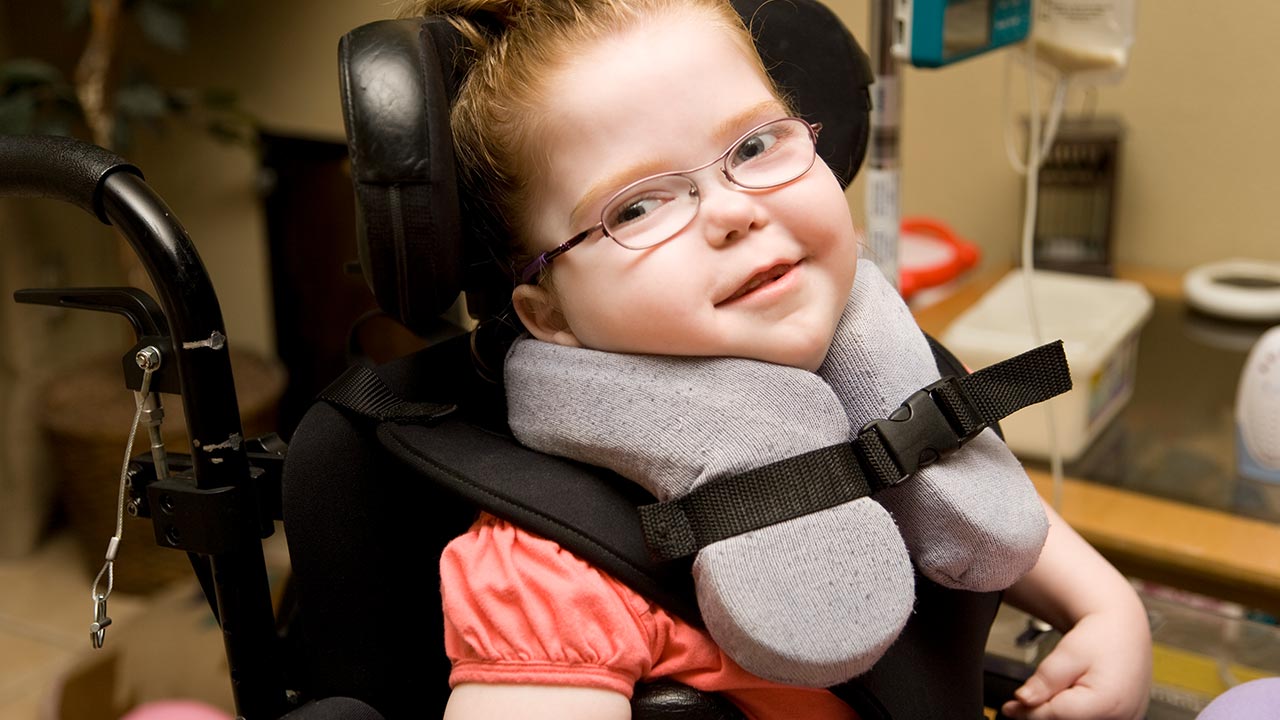A consultant paediatric neurologist at the Obafemi Awolowo University Teaching Hospital, Ile-Ife, Osun State, Dr Oluwatosin Olorunmoteni, has advised pregnant women to guard against tendencies that could cause Cerebral palsy in their unborn children.
She advised that babies who have jaundice or infection should be taken to standard hospitals for prompt intervention before it results in an injury to the baby’s brain.
- NIGERIA DAILY: How Bread Turns People’s Lives Upside Down
- How alignment 2.0 will help Nigeria’s HIV response
She spoke during the commemoration of the World Cerebral Palsy Day Celebration 2022 with the theme ‘Millions of Reasons’, organised by the Cerebral Palsy Multidisciplinary Team at the Obafemi Awolowo University Teaching Hospital’s Complex in Ile-Ife.
Cerebral palsy is a group of disorders that affect muscle movement and coordination – affecting a person’s ability to move and maintain balance and posture. It can also affect every other function that the brain performs.
Olorunmoteni said “Cerebral palsy is a preventable condition largely because most of the causes in our environment are preventable.
“It is usually from injury occurring to the developing brain of a child while in the womb, at the time of delivery, or in the first five years of life.
The most common way it occurs in our environment is when a baby is unable to start and sustain breathing at the time of birth.
“Most of the time, it occurs when the delivery is not well monitored or pregnancy is not well taken care of. So, it is important that mothers, when pregnant, should register early for antenatal care and have their pregnancy monitored so that if there is any prenatal issue, they can be identified early and addressed on time and the delivery should be in government-approved hospitals where there are skilled birth attendants.
“It’s important that if there are issues at the time of delivery, the baby should be attended to promptly because such a baby needs intervention in terms of neonatal services”, she said.
Olorunmoteni said children with Cerebral palsy need a lot of support from the community and the government. “They should not be stigmatised. Rather, necessary support such as adequate health care, appropriate schooling and mobility devices such as wheelchairs should be provided.”
Narrating their experience, Mrs Emafidor Olamide said stigmatization by people against her two children, Praise and Pipel Oluwa, compounded their plight.
Also, Mrs Faridah Adegoke expressed hope that her son, Raheed Adegoke, will overcome and live a normal life.
During the event, some children with Cerebral palsy exhibited their joy as they danced away the sorrow and asserted that they have millions of reasons to thank God for being alive.
Cerebral Palsy Day is observed every year on October 6th to spread awareness and carry out advocacy for the disorder.
The World Cerebral Palsy Day was created by the Cerebral Palsy Alliance in 2012 with the aim of ensuring a future in which children and adults with Cerebral palsy (CP) have the same rights, access and opportunities as anyone else in society.
Cerebral palsy is one of the most common causes of childhood disability worldwide.
It affects approximately 17 million people globally.
People with cerebral palsy are often not recognized or identified such that their needs are not considered in many communities around the world, especially in low-resource settings.
In Nigeria, a study conducted among children between four and 15 years in southern Nigeria found an estimated prevalence of 2.3/1000 children. Cerebral palsy is the second most common chronic neurological condition seen at the Paediatric Neurology clinic of the Obafemi Awolowo University Teaching Hospital, Ile-Ife, Nigeria.
This is similar to the pattern that has been reported in other tertiary institutions within Nigeria. It is second to epilepsy which has been reported as the most common chronic childhood neurological condition seen in tertiary hospitals.

 Join Daily Trust WhatsApp Community For Quick Access To News and Happenings Around You.
Join Daily Trust WhatsApp Community For Quick Access To News and Happenings Around You.


